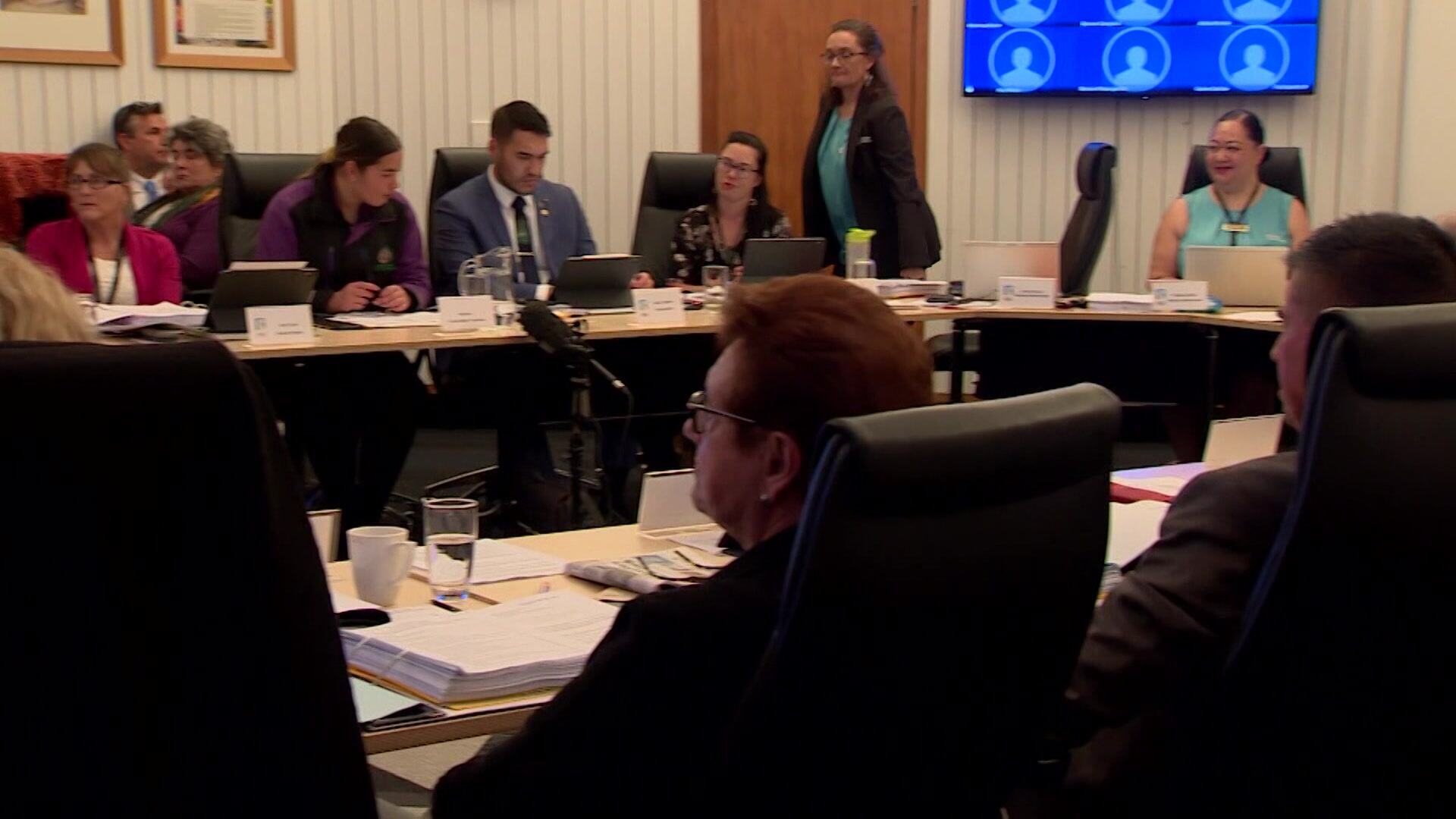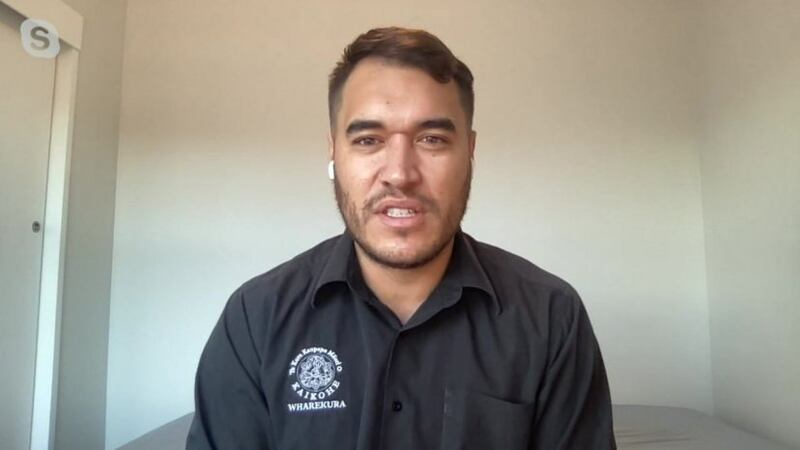Far North District councillor Moko Te Pania is forcing a special council meeting tomorrow with a notice of motion that the council should reconsider Māori wards.
In October last year the council decided to wait until the 2022 local elections to let ratepayers vote whether they want Māori wards.
But a recent Far North District Council informal consultation found more than 80% of 500 responses were already in favour.
Te Pania says the councillors' Māori wards decision needs to be made as soon as possible to clarify where the council stands.
"We all go in with a blank slate ready to make a decision on the day. And no doubt there are councillors who might want to try to influence the way that I'll vote as well," he says.
"But I go back to the fact that we had over 80% of those 500 respondents in favour of Māori wards."
The Far North is home to more than 70,000 voters and Te Pania says Māori voters make up at least 35%, which means there are about 25,000 Māori voters in the region.

Voting for a Māori voice
Even though 408 of 500 people voted in favour of Māori wards in the region, it's not a new debate to vouch for a Māori voice at the decision-making level.
"Māori electoral seats in central government have been around for 154 years, so it's not as if this is a new whakaaro, Te Pania says.
"The Māori Representation Act was passed in 1867. And we are in 2021 now, so I think that it all speaks to the fact that having Māori representation at the table is a good thing.'
He says there are a number of different reasons why some of the councillors don't want to segregate the voting population based on ethnicity.
"One of the things that I always say to that is, we already segregate our voting population by ward, based on where you live, because we see the benefit in having specific representation based on where you live."
Earlier this year, Local Government Minister Nanaia Mahuta introduced the Local Electoral (Māori Wards and Māori Constituencies) Amendment Act which requires councils to decide by May 21, 2021, if Māori wards should be established for the 2022 local government elections.

